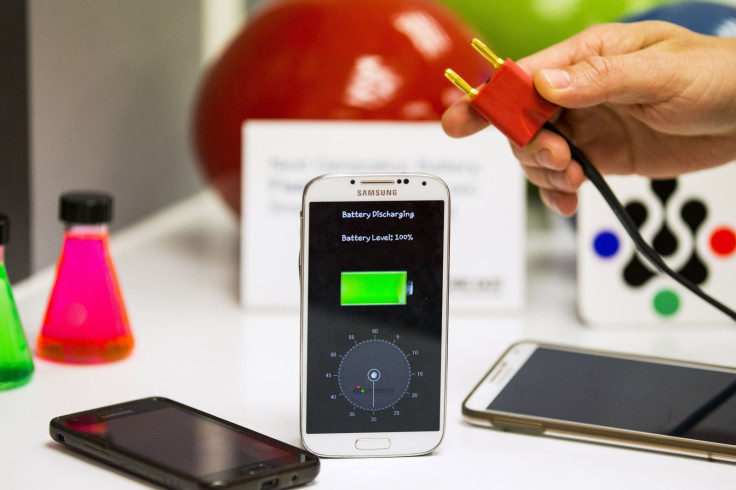Lithium-ion batteries in smartphones emit more than 100 toxic gases, say researchers
Li-ion batteries are installed in about two billion devices every year.

The lithium-ion (Li-ion) batteries used in billions of mobile devices including smartphones and tablets produce more than 100 toxic gases that are potentially fatal, scientists have found.
A new study, conducted by the researchers from the Institute of NBC Defence and Tsinghua University in China, suggests that these gases, including carbon monoxide, could cause strong irritation to the skin, eye and nasal passage, besides being harmful for the environment.
While consumers are unaware of the risks related to overheating and using low quality chargers for their smartphones, researchers claim the rechargeable lithium-ion batteries are installed in two billions devices every year.
Potential risks related to batteries overheating and exploding have led manufacturers to recall devices. Dell recalled 4.1 million laptop batteries in 2006. The recall affected the notebook computers purchased between April 2004 and July 2006. Recently, Samsung announced that it has permanently halted the sales and production of Galaxy Note 7, following reports of device explosions.
"Nowadays, lithium-ion batteries are being actively promoted by many governments all over the world as a viable energy solution to power everything from electric vehicles to mobile devices. The lithium-ion battery is used by millions of families, so it is imperative that the general public understand the risks behind this energy source," explained Jie Sun, the lead author and professor at the Institute of NBC Defence.
Sun and her fellow colleagues identified that there are various factors responsible for an increase in the toxic gases emitted by batteries. They said a fully charged battery releases more toxic gas than a battery having 50% charge. In addition, chemicals in batteries affect the concentration and types of toxic gases.
"Such dangerous substances, in particular carbon monoxide, have the potential to cause serious harm within a short period of time if they leak inside a small, sealed environment, such as the interior of a car or an airplane compartment," said Sun.
In the study, researchers heated about 20,000 Li-ion batteries to the point of combustion. This resulted in most of the devices exploding and emitting a range of toxic gases. The researchers now plan to develop technology to improve the safety standard of Li-ion batteries for use in electric vehicles.
"We hope this research will allow the lithium-ion battery industry and electric vehicle sector to continue to expand and develop with a greater understanding of the potential hazards and ways to combat these issues," Sun added.
© Copyright IBTimes 2025. All rights reserved.





















